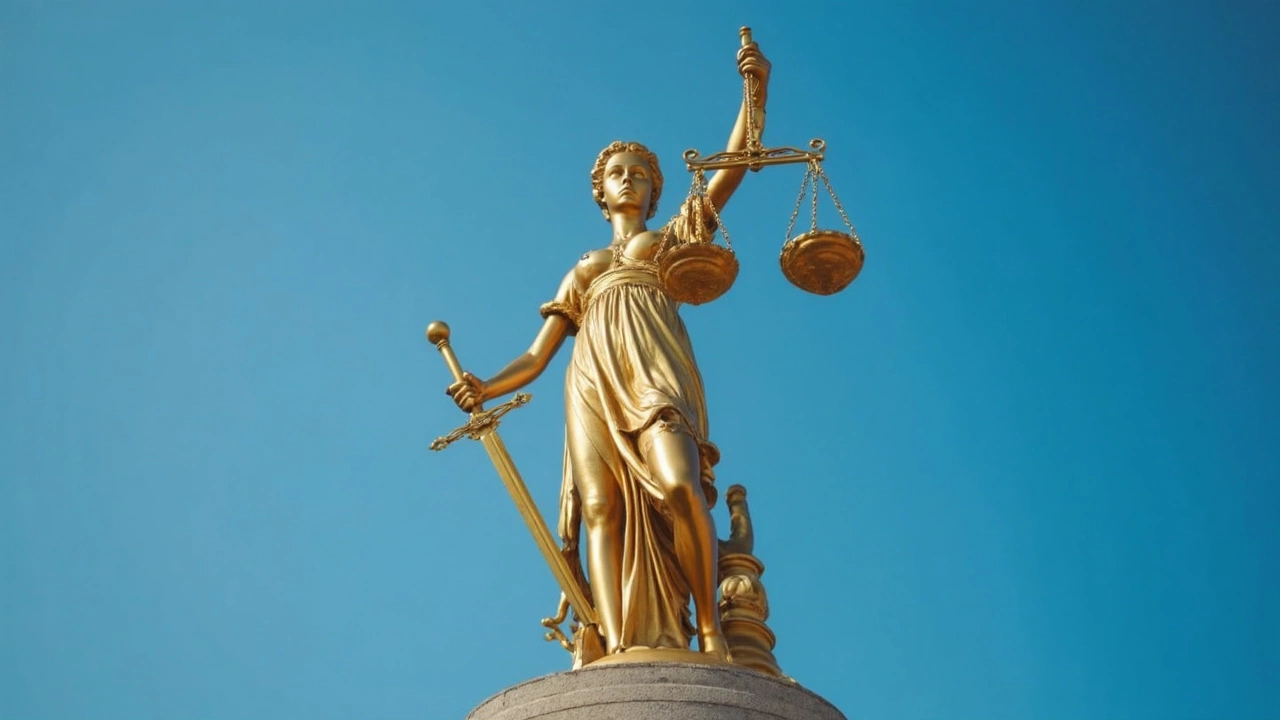UK Steps Up Fight Against Explicit Deepfakes
It’s official: the UK government isn’t sitting back while AI-generated explicit images wreak havoc online. Following a surge in deepfake technology abuse, lawmakers have proposed tough new criminal offences aimed squarely at those who create or share sexually explicit deepfakes without consent. The move comes as part of a broader campaign to address online harms, and it’s catching the attention of tech platforms and users across the country.
Under this proposal, creating or distributing intimate deepfakes could land offenders with up to two years behind bars. The new laws are designed not only to stop people from making fake content for kicks, but also to send a clear message: manipulating someone’s likeness without their consent is serious business. The UK isn’t just targeting those who make these images for revenge or harassment, either. Anyone making, sharing, or even enabling the creation of explicit deepfakes – whether for their own gratification or malicious reasons – now faces the long arm of the law.
The government’s crackdown comes after real harm caused by hyper-realistic AI images, which have often targeted women and girls. Victims frequently report humiliation and distress, and the scale of abuse keeps growing as deepfake tools become easier to access. While some parts of the law already backed victims—like the Online Safety Act, which made sharing intimate images without consent a priority offence—offenders often found loopholes by using newer technology and distributed content faster than authorities could respond. Lawmakers are hoping this new legislation will close those gaps fast.
Here are the main points covered by the upcoming offences:
- It will be illegal to take or record intimate images of someone without their permission, especially if there's no reasonable belief they consented or if it’s meant to humiliate or frighten them.
- Anyone who creates or manipulates intimate images for their own sexual pleasure is in the government’s crosshairs too.
- The law even covers people setting up or modifying technology—like apps or devices—to help others create deepfakes. If you’re enabling the crime, you’re part of the problem.
The changes will be made by amending the Data (Use and Access) Bill, a plan designed to move quickly through parliament so the rules can take effect sooner rather than later. This isn’t just about updating outdated internet rules; it’s about stopping tech-driven abuse that’s already ruined countless lives. Ofcom, the UK’s communications watchdog, will keep a close watch on internet platforms, with real enforcement power to force takedowns if sites don’t comply.
Spearheaded as part of the government’s wider Plan for Change – a central pledge to make women and girls safer both online and offline – the legislation also counts on public support. Cases of explicit deepfakes are often high-profile, and calls to update outdated laws have only intensified with each new tech breakthrough. Lawmakers hope these new offences will deter would-be offenders and make it harder for the abuse to spread unchecked.
All eyes are now on parliament as the debate continues. For victims and campaigners, these measures are long overdue. For tech companies and content creators, it’s a wake-up call: the age of the wild west internet might finally be ending, at least when it comes to deepfakes and online abuse.
